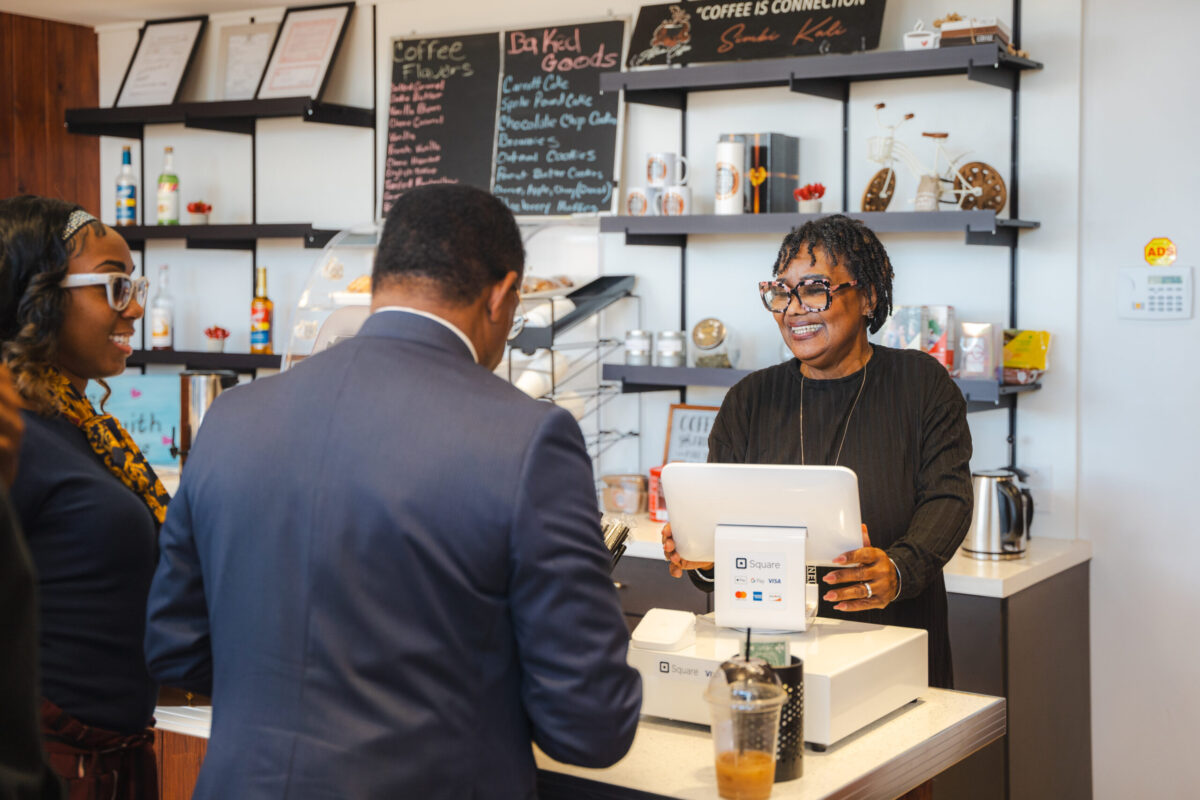What a record-breaking year for the housing market means in Birmingham
Reading time: 3 minutes

2020 has been a wild ride in more ways than one, and we’ve seen the global pandemic affect every part of our lives. How has it affected the housing market in Birmingham? We broke it down for you—check it out.
National Trends in 60 Seconds or Less

Don’t worry, we’re not diving too deep here. Here’s what you need to know:
- The summer was a “scorching hot sales season,” according to Zillow’s Weekly Market Report.
- The housing market has seen record-breaking growth since June.
- We’re currently seeing signs of seasonal cooling for the housing market, which is common this time of the year.
- List prices have been on an upward swing since late April, though it’s finally flattening out a bit.
- The latest median list prices are holding steady at around $346K.
- 2020 home sales likely peaked in September. Growth is expected to resume next spring.
The Cost of Living’s High and Going Up

When I mentioned list prices have been on an upward swing, I meant it. In fact, sales price growth has hit record highs this year.
According to the National Association of Realtors, the national median existing-home price for all housing types was $311,800 in September, up 14.8% percent from a year ago.
For reference, double-digit growth is considered extremely high.
Why so expensive? Well, there are several factors, but the main one is supply vs. demand. As in, more people want to buy homes than there are homes available.
Inventory has been low across the housing market all year, especially through the pandemic. Demand didn’t slow, however. In fact, it was the opposite.
High demand + low inventory = record-high prices. Pssst: this is great news for sellers.
Let’s Look at Birmingham

Our friends over at RealtySouth shared their latest data on the Birmingham housing market, and it’s pretty positive, especially for sellers.
The average sale price in Q3 was $258,517. While this number is below the national average, it’s still high for Birmingham—up 19% from last year.
Time on the market is another key indicator for homes. In Birmingham, houses are currently spending an average of 35 days on the market, which is down 26% from last year.
What’s Up Next

The most recent data is showing a steadying for the market. Average sale and list prices are expected to decrease over the next several months, nationally and here in Birmingham.
What it all means: if you’re looking to turn a profit on your home, 2020 is a great time to sell. The Birmingham housing market has boomed over the last year, which has positive implications for both the local economy and for residents.

![Inside look at the new The Toasted Yolk in downtown Birmingham [PHOTOS + VIDEO] Inside look at the new The Toasted Yolk in downtown Birmingham [PHOTOS + VIDEO]](https://i0.wp.com/bhamnow.com/wp-content/uploads/2025/07/IMG_3003-scaled-e1752264981924.jpeg?fit=768%2C402&quality=89&ssl=1)

